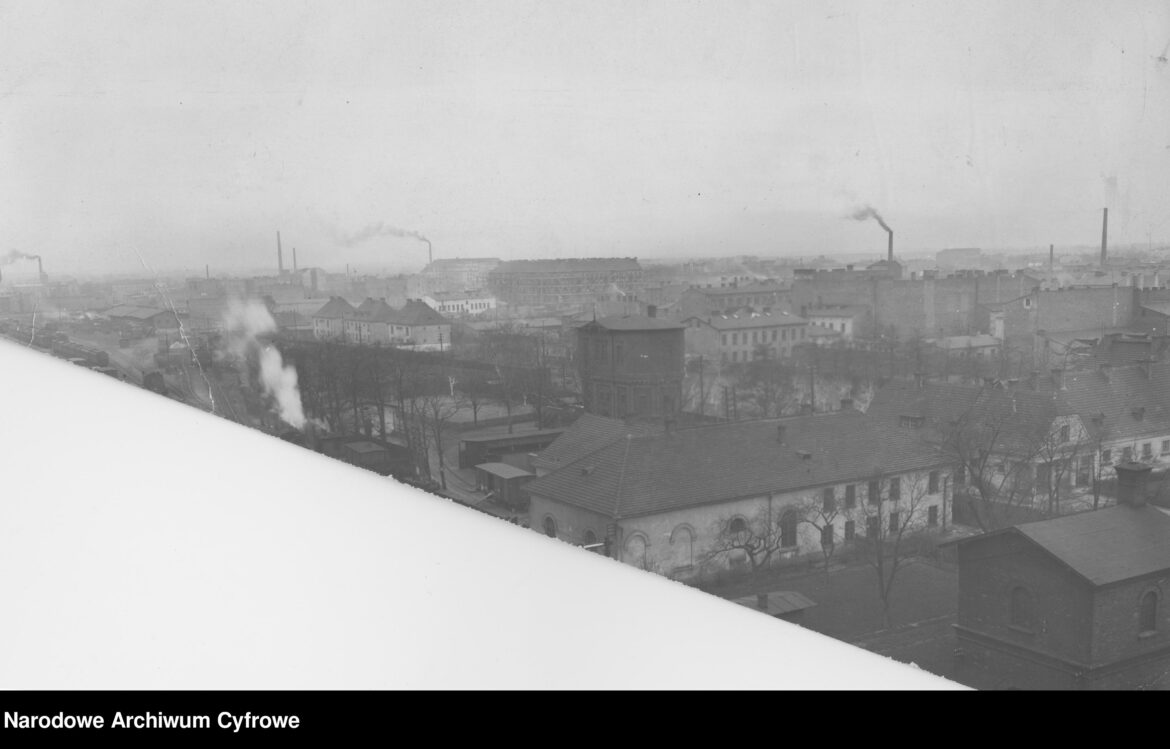In the middle of the nineteenth century, Częstochowa had a population of just over 8600 inhabitants, while in 1914 it was already close to 93 000. Although urbanisation and industrialisation processes, linked among other things to the abolition of serfdom after the January Uprising, were taking place in the second half of the century throughout the entire Polish lands of the Russian partition, Częstochowa developed exceptionally rapidly. Jews played a major role among Częstochowa’s industrialists.
At the turn of the 19th and 20th centuries, Częstochowa became the main city of the Sosnowiec industrial district. In the middle of the 19th century, there were manufactories employing several workers each, a soap and candle factory, a tin factory, a brewery and other such establishments.
The first modern industrialist was Berek Wilhelm Kohn (1835-1912). Together with Adolf Oderfeld, he opened a printing house, while in partnership with the Markusfeld family, related to the Kohns, he opened a paper factory and mills (1867-1872). His investments were connected with a partial regulation of the Warta river, and in addition, B.W. Kohn, together with the Berlin merchant Karl Ginsberg, drained the marshes surrounding the town, which was of great importance for improving the health of the population.
Henryk Ludwik Markusfeld (1853-1921), president of the Częstochowa Jewish community, social activist and philanthropist, also owned and co-owned a number of factories. In the 1880s, he founded the Colour Paper, Cloth and Cardboard Factory, and in the following decade, the “Warta” Jute Spinning and Weaving Factory was established on his initiative. Together with Stanislaw Grossman, and then independently, he also ran a hat factory, employing ca. 450 employees. It exported products to India and China, among others. Also, the Jewish families ran match and metalwork factories.
At the turn of the nineteenth and twentieth centuries, Jews accounted for about one third of the population of Częstochowa.





